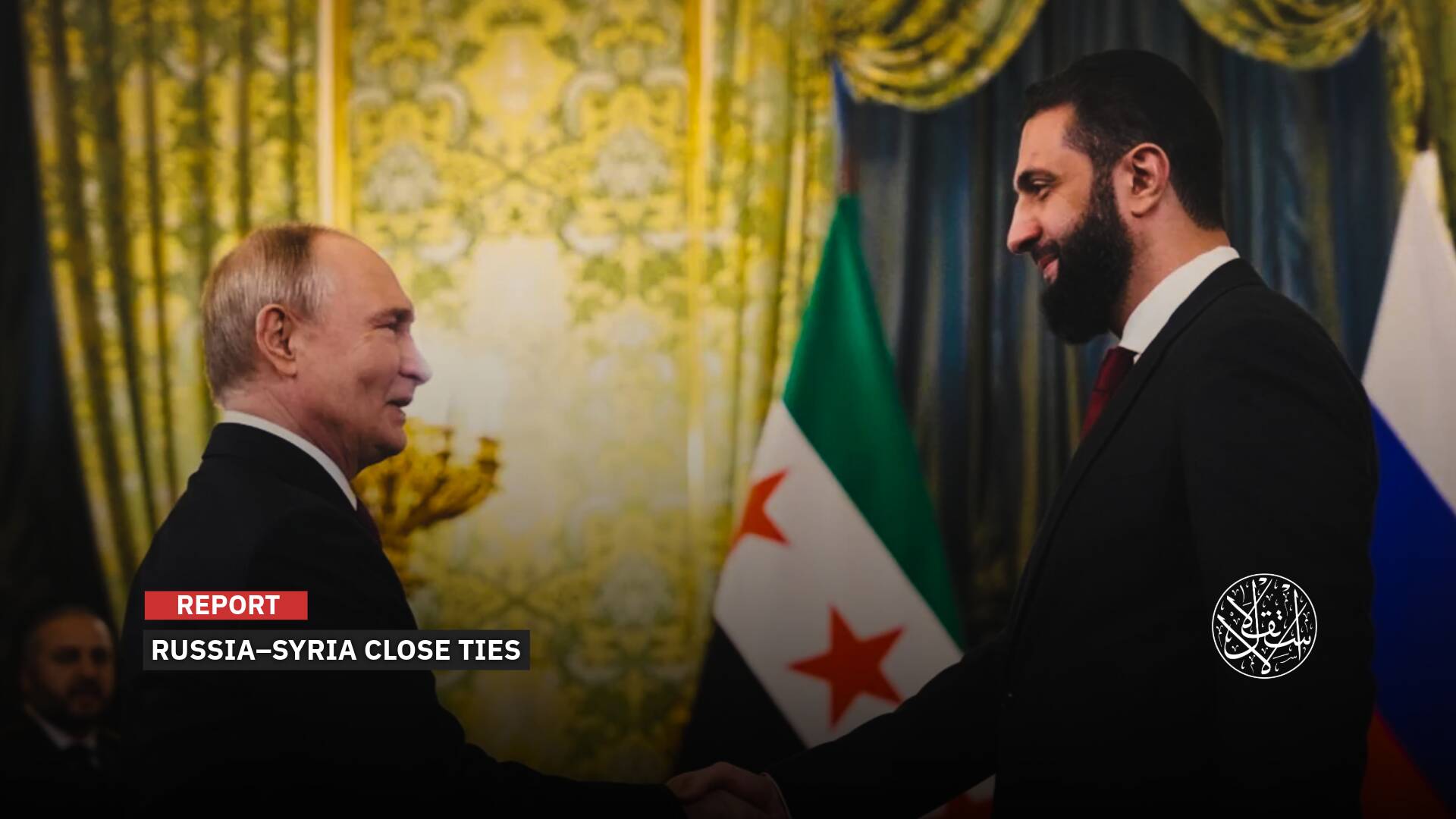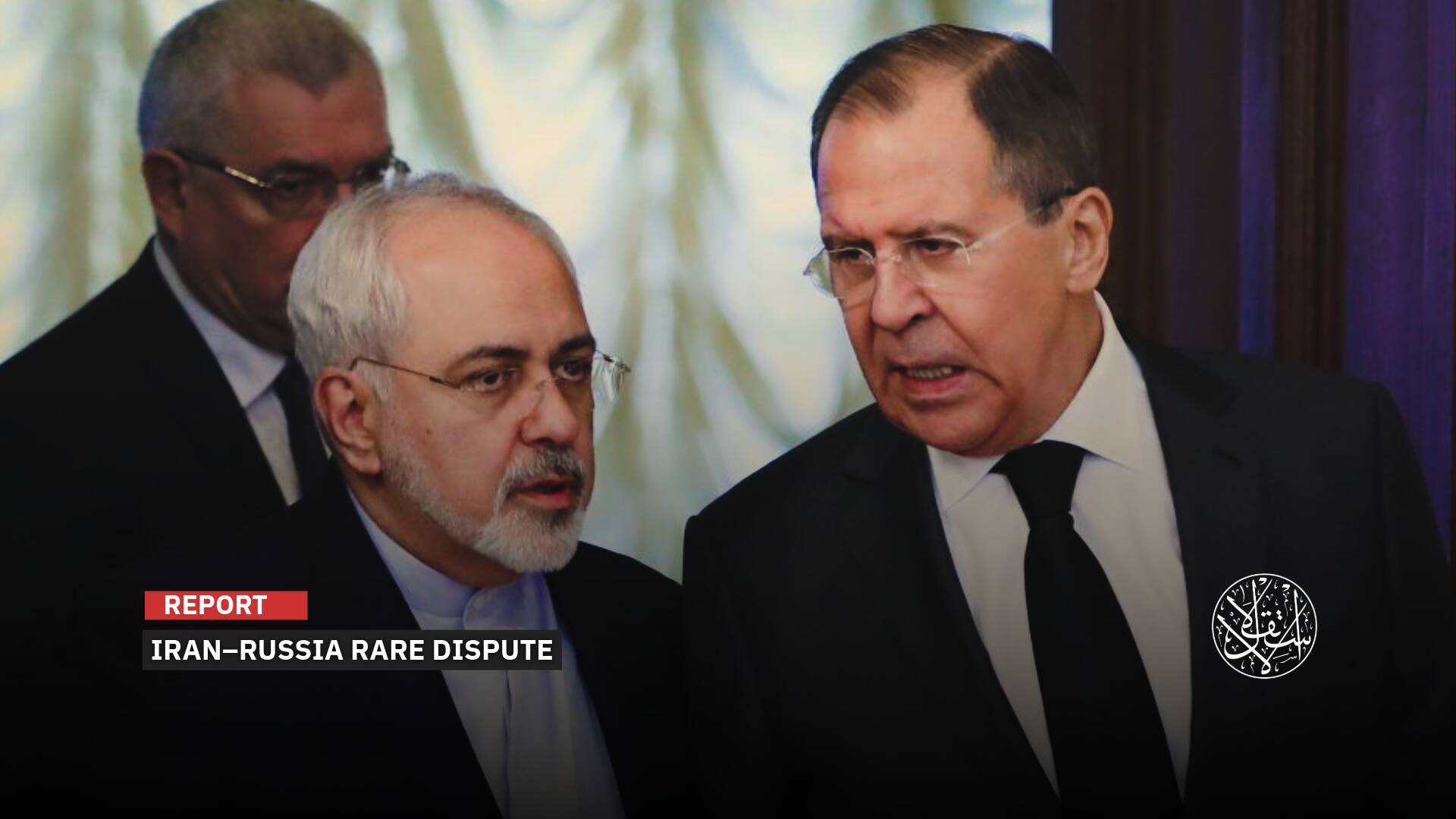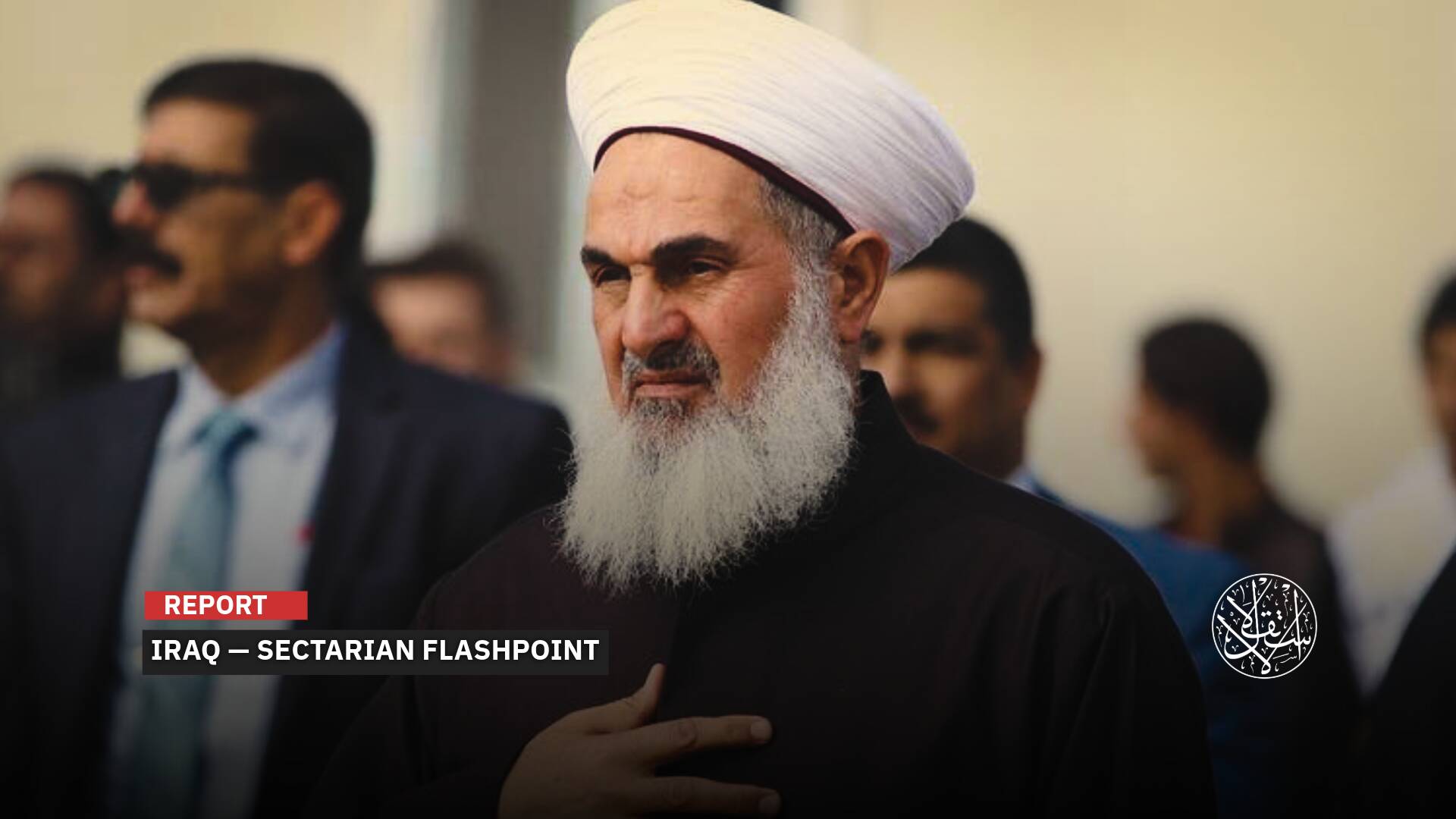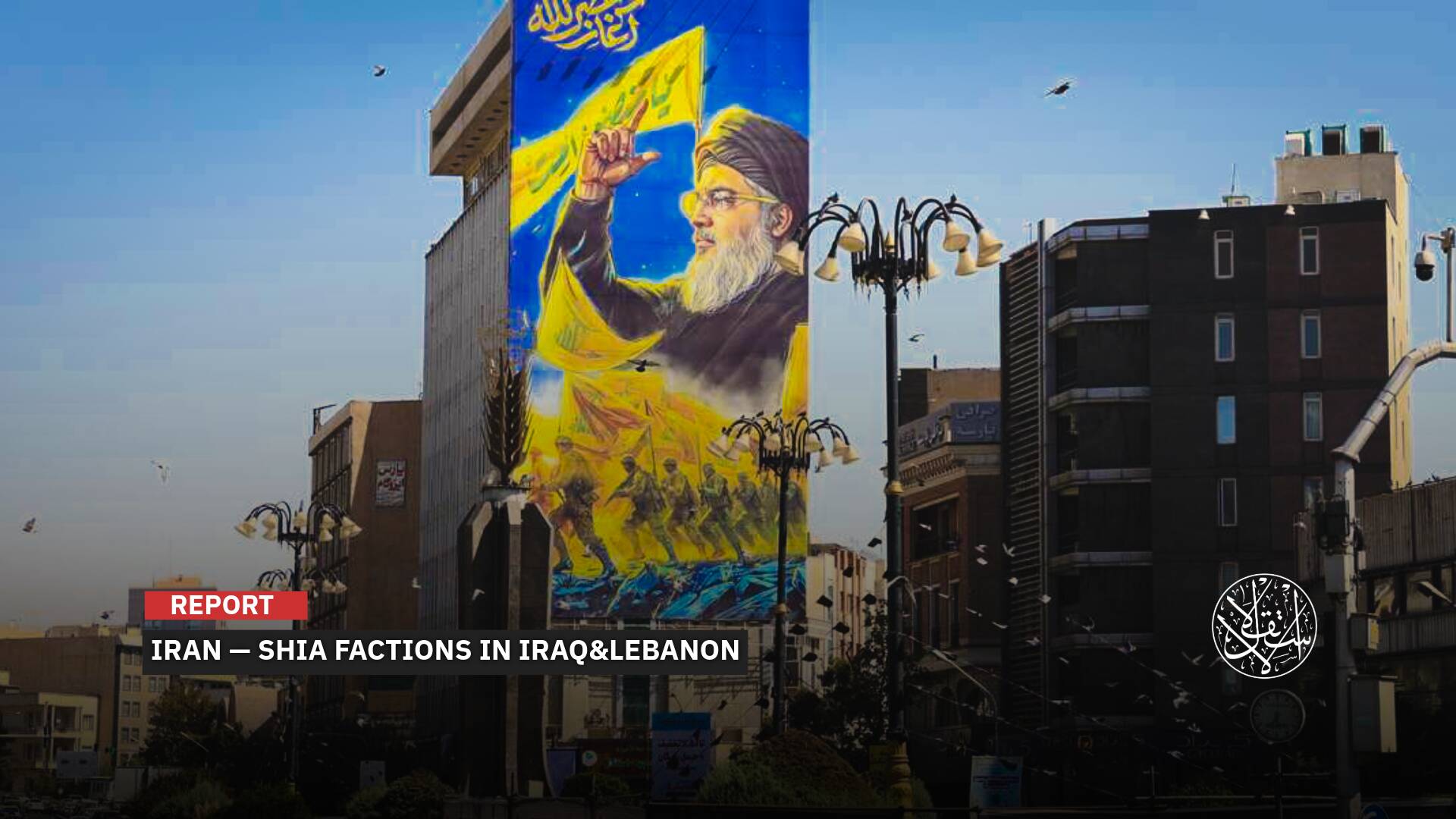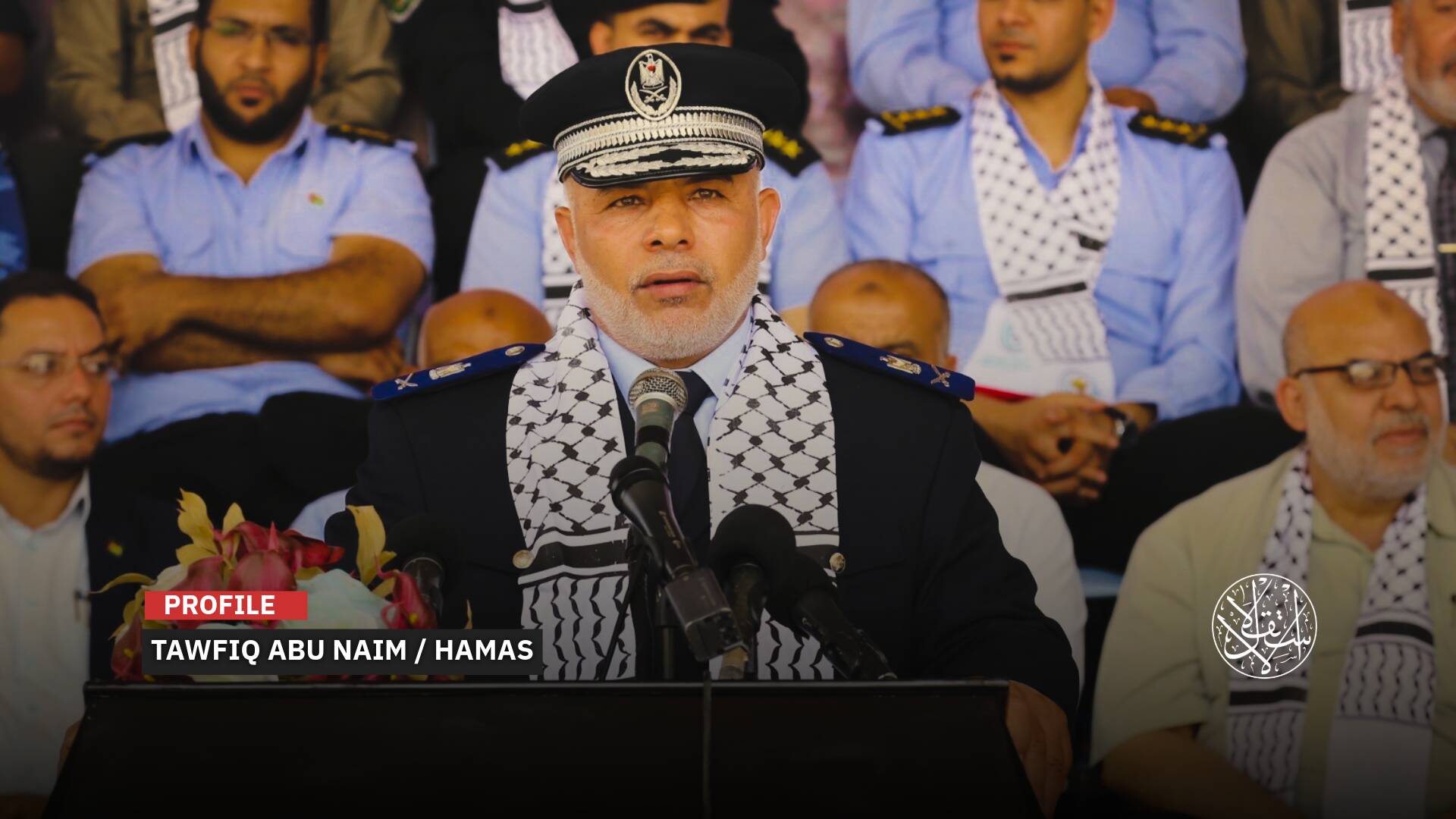Major Cabinet Reshuffle: This Is How Vladimir Putin Is Preparing for a Long War with the West

“Vladimir Putin appointed Mikhail Mishustin as Prime Minister for a second term.”
Russian President Vladimir Putin began his fifth term with controversial changes, dismissing his Defense Minister Sergei Shoigu and appointing economist Andrei Belousov in his place.
These unexpected reshuffles come in the midst of Russia's tireless efforts to control Ukrainian lands, and before the arrival of a new shipment of Western weapons to Kyiv, raising questions about Putin's new strategy for managing the conflict.
This cabinet reshuffle comes after Putin asked the Duma to appoint Mikhail Mishustin as Prime Minister for a second term.
Putin also issued a decree appointing Shoigu as the new Secretary-General of the National Security Council, succeeding Nikolai Patrushev, a hard-line and powerful member of Putin's inner circle who held this position for 16 years, and who became responsible for the Russian military shipbuilding industry.
The Kremlin announced that Valery Gerasimov would be retained as Chief of the General Staff, and Sergey Naryshkin as Director of the Russian Foreign Intelligence Service.
Shoigu’s Dismissal
In a major reshuffle in military leadership, as the war in Ukraine enters its third year, Russian President Vladimir Putin appointed Andrei Belousov as the new Minister of Defense, succeeding Sergei Shoigu.
Despite a series of military setbacks suffered by Russia, including the failure to control the Ukrainian capital, Kyiv, and the withdrawal from the regions northeast of Kharkiv and southern Kherson, Putin maintained his confidence in Shoigu throughout the recent period.
In this regard, The Times reported that since the beginning of the Russian war on Ukraine in February 2022, rumors have spread about Shoigu’s incompetence and extravagance, at a time when Russian military spending has recorded inflation that has reached 6.7% of GDP.
In 2015, anti-corruption activists revealed that Shoigu was living in a $15 million pagoda-style complex outside Moscow, registered in the name of his sister-in-law, and built on land bought by his 18-year-old daughter, to hide that he was the real owner.
Dissatisfaction with Shoigu's performance has emerged, especially in the wake of the failed Russian attack on the Ukrainian capital, Kyiv, in 2022.
He has faced stinging attacks from the leader of Russia's private military group Wagner, the late Yevgeny Prigozhin, who led a rebellion against the Russian government nearly a year ago, specifically calling for Shoigu's ouster.
Although the rebellion ended quickly and Prigozhin was killed last August, this rebellion led to unrest within the Russian army, and raised questions about its strength and ability to confront any groups or paramilitary forces.
The newspaper pointed out that Shoigu's dismissal comes two weeks after the arrest of his deputy, Timur Ivanov, who is responsible for building military facilities, on charges of corruption and accepting bribes, which prompted some analysts to consider it a clear message to Shoigu.
Days after Shoigu's dismissal, Russian media reported that General Yuri Kuznetsov, 55, a human resources official at the Defense Ministry, was also arrested on bribery charges.
Shoigu's dismissal from the Ministry of Defense comes amid Russian progress in Ukraine, as the Russian Ministry of Defense announced control of 4 additional towns in the Ukrainian Kharkiv region bordering Russia, two days after Moscow began a ground operation in this region.
In turn, U.S. State Department spokesman Vedant Patel told reporters: “The reshuffle in the Russian Ministry of Defense shows that Kremlin leader Vladimir Putin wants to continue his war of aggression against Ukraine.”
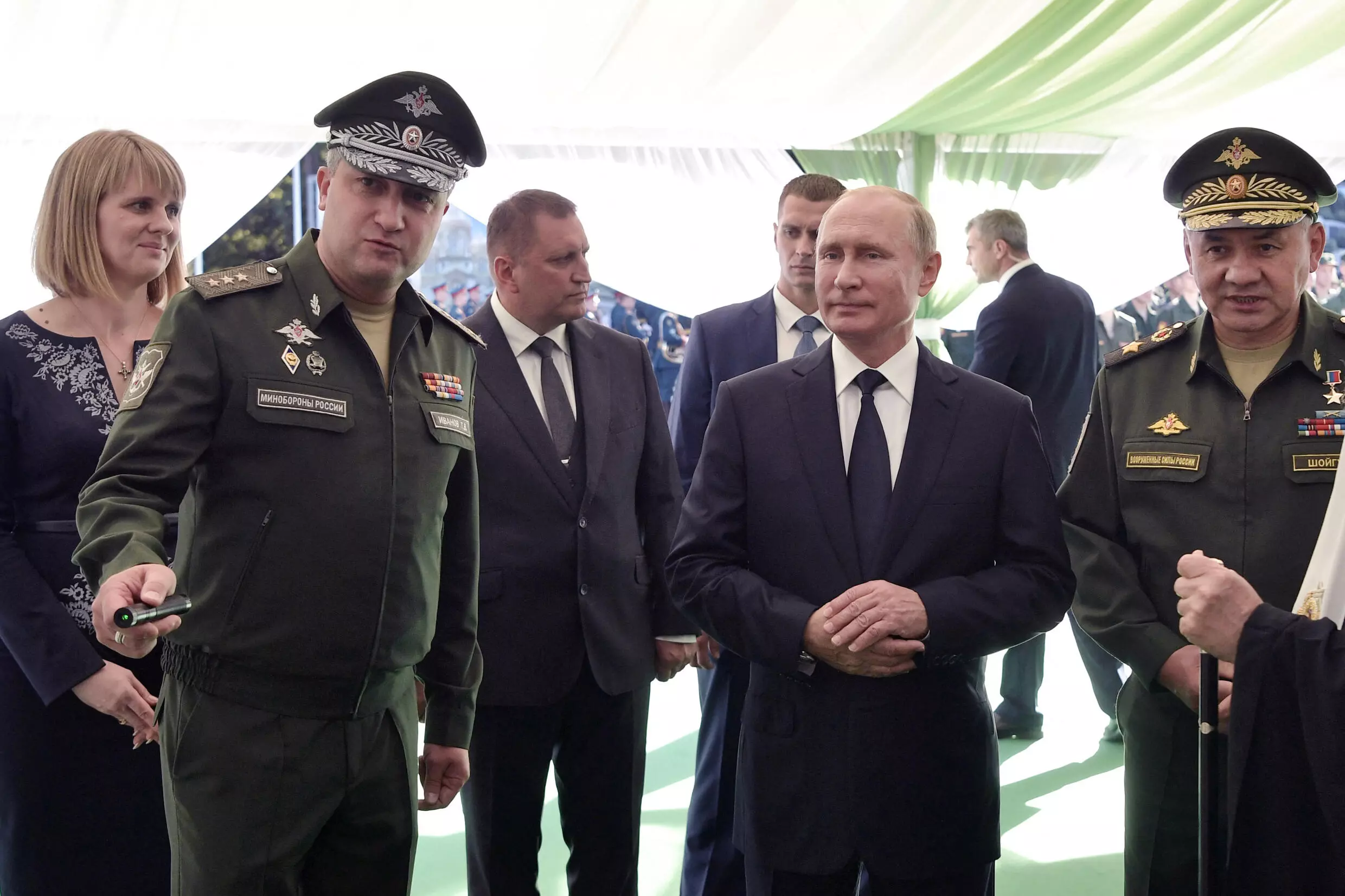
Putin's Efforts
In a parliamentary session held on May 14, Russian Defense Minister Andrei Belousov said that Russia's main task is to achieve victory on the battlefield in Ukraine with minimal casualties.
Belousov pointed out that the military sector needs more efficiency and innovation to achieve its goals.
His statements were surprising because Russian officials rarely discuss the human toll in the war, and are content to praise the heroism of the soldiers who lost their lives.
Regarding the appointment of a civilian with an economic background as Minister of Defense, Kremlin spokesman Dmitry Peskov told reporters that the decision to appoint him is linked to the need to make the security bloc’s economy part of the country’s economy.
He added that the Defense Ministry's budget is approaching the level of the 1980s, and this is not a critical matter now, but it is extremely important, noting that the budget currently represents 6.7% of Russia's GDP.
In more than six years as Putin’s economic adviser, Belousov developed a reputation as a strong supporter of a dominant state role in the economy and of high public spending.
In turn, military analyst Rob Lee considered, in an interview with The Times, that Belousov's appointment was likely a reflection of Putin's personal confidence in him, and his need for a better internal director to deal with the Ministry of Defense bureaucracy.
On his part, Michael Kaufman, a senior fellow at the Carnegie Endowment for International Peace in Washington, said that the change showed that it was clear that the performance of the Russian economic elites was much better than the performance of the military elites in this war.
In turn, Tatiana Stanovaya, a senior fellow at the Carnegie Russia Eurasia Center, confirmed that the new Minister of Defense is not the one who will manage the field battles in Ukraine, noting that this task will be assigned to Gen. Valery Gerasimov.
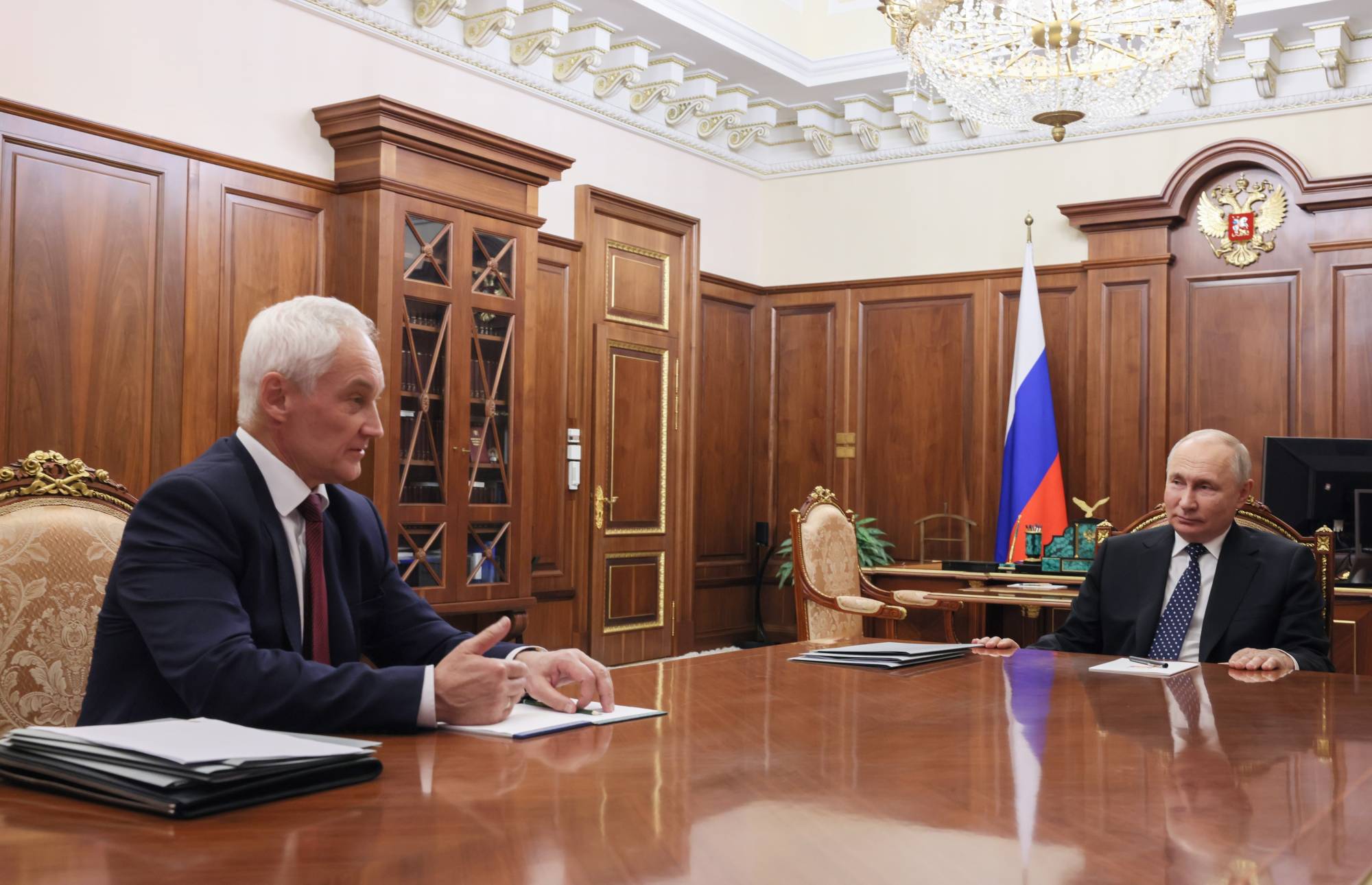
The Institute for the Study of War (ISW) wrote that Belousov's appointment is a significant development in Putin's efforts to set full economic conditions for a protracted war, noting that the economist is known as an advocate for more government involvement in the economy.
In the same context, the Stratford Institute saw Belousov's appointment as an indication of Moscow's determination to increase military production and improve the compatibility of the military-industrial complex with the government's broader economic strategy and efforts to reduce corruption.
The institute believed that Belousov would place the ministry's record budget of $117.2 billion under more efficient management and greater political control of the Kremlin.
Shoigu’s dismissal was welcomed by Russian drone manufacturers, who were not satisfied with the new drone equipment, even though it was exactly what the Russian military needed, according to the Times.
In this context, Samuel Bendett, an expert on Russian military technology, noted that Belousov was a big promoter of domestic drones and UAVs.
In turn, the expert on Russian affairs, Dr. Mahmoud Al-Hamza, explained in a statement to Al-Estiklal that “this change in Russian military leadership is an attempt by Vladimir Putin to subject defense spending to greater scrutiny to ensure the money is spent effectively, after prosecutors accused top Russian Defense Ministry official of receiving bribes.”
He pointed out that “the appointment of a new Defense Minister will not affect Russia’s strategy in Ukraine, which will continue to focus on weakening the army and economy in the war-torn country through more attacks.”
Dr. Al-Hamza also suggested that “any new reshuffle in the Russian cabinet would not lead to any change in the Kremlin’s strategy in Ukraine.”
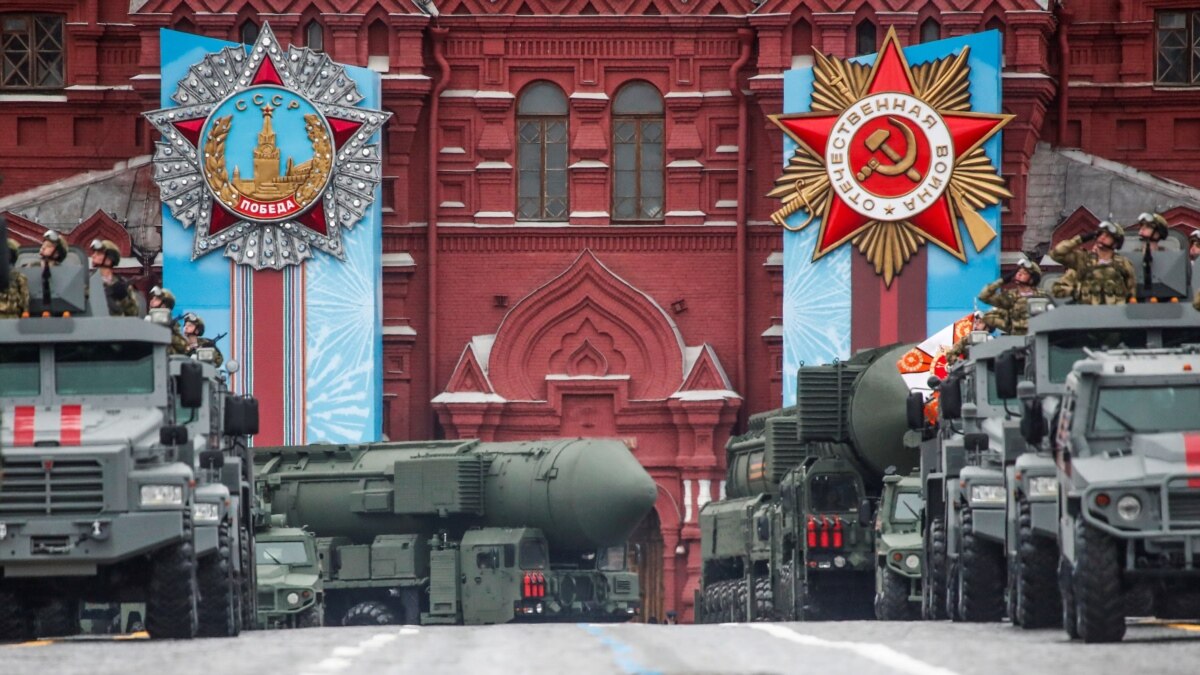
Sources
- Belousov says Russia must win in Ukraine while minimising casualties
- Putin replaces Russia’s defense minister with a civilian as Ukraine war rages and defense spending spirals
- What Russian defence minister’s sacking means for the war effort
- Putin Taps an Economist To Head Russia's Defense Ministry
- Who Is Andrei Belousov? Putin Loyalist Economist To Take Charge of Military
- Reshuffle 2024: Who Is in Russia's New Government Cabinet


